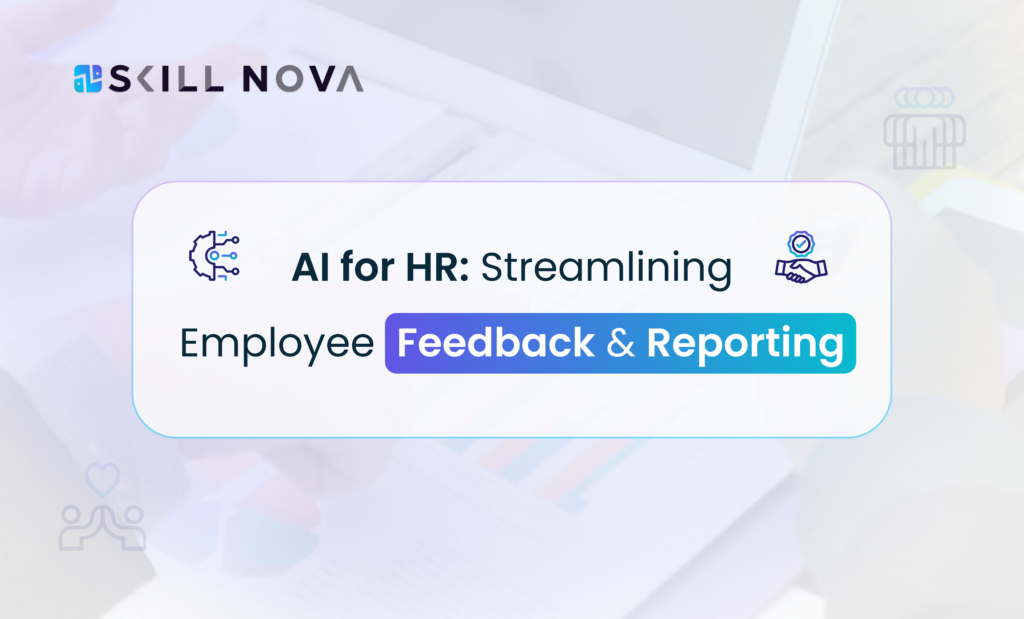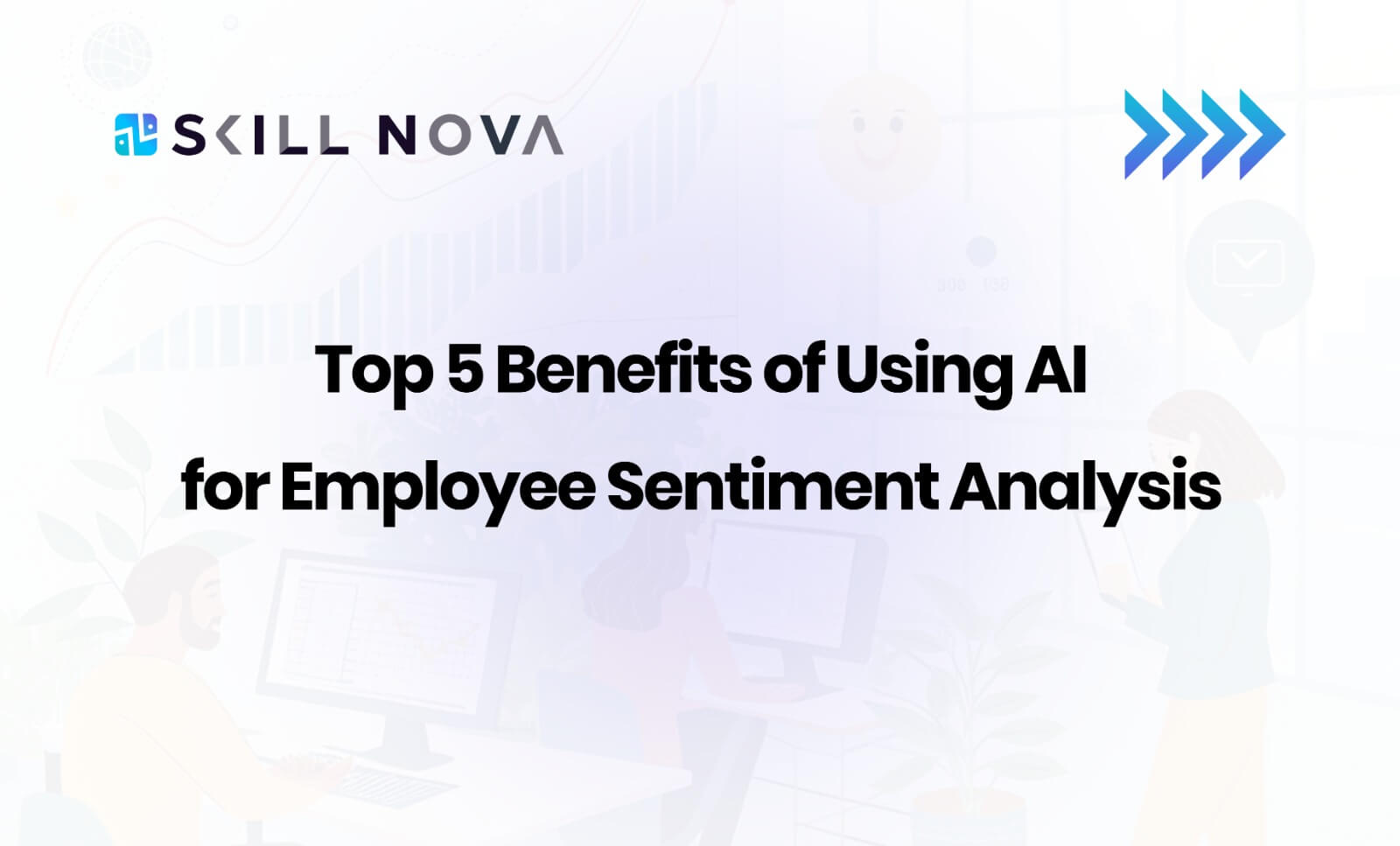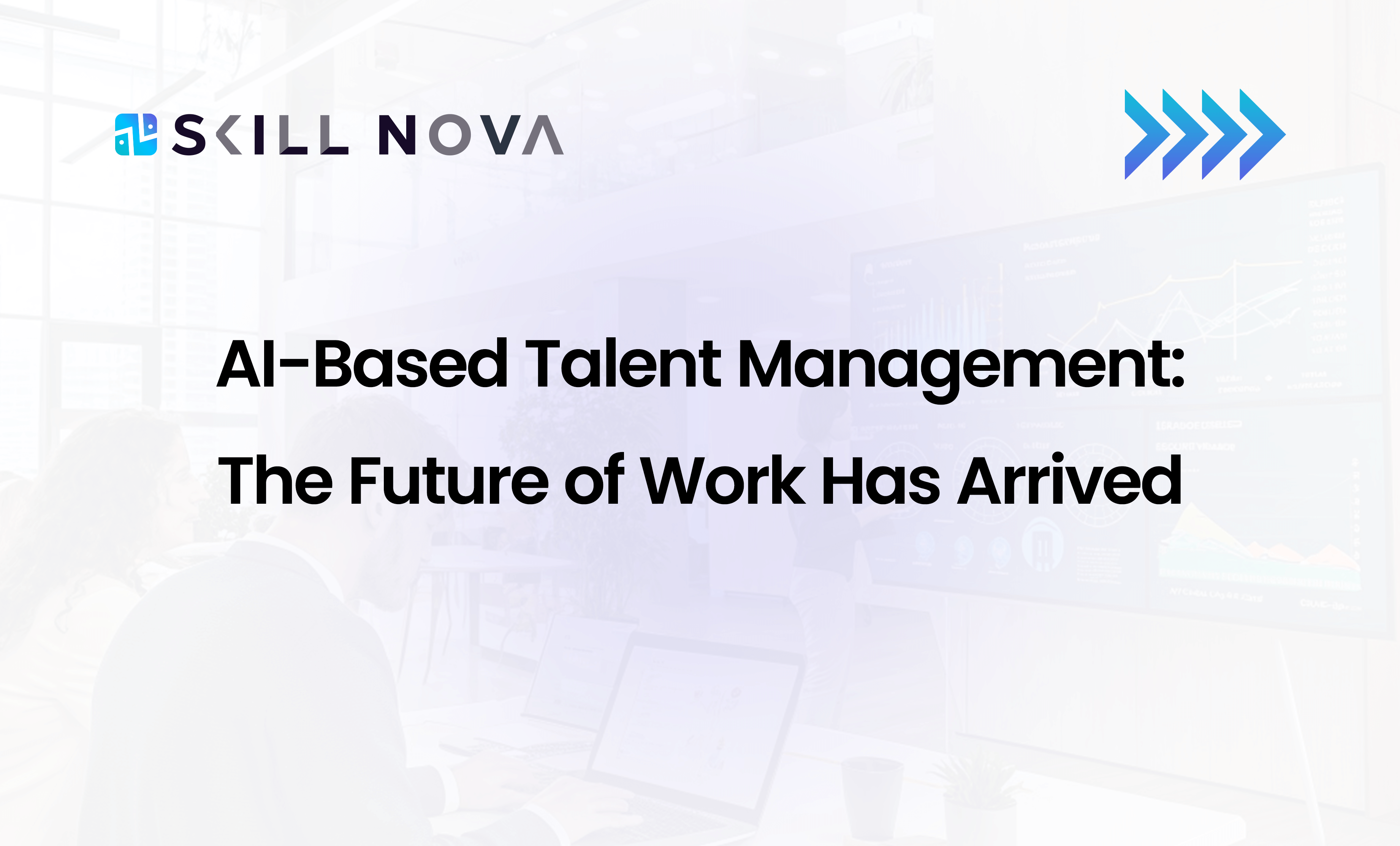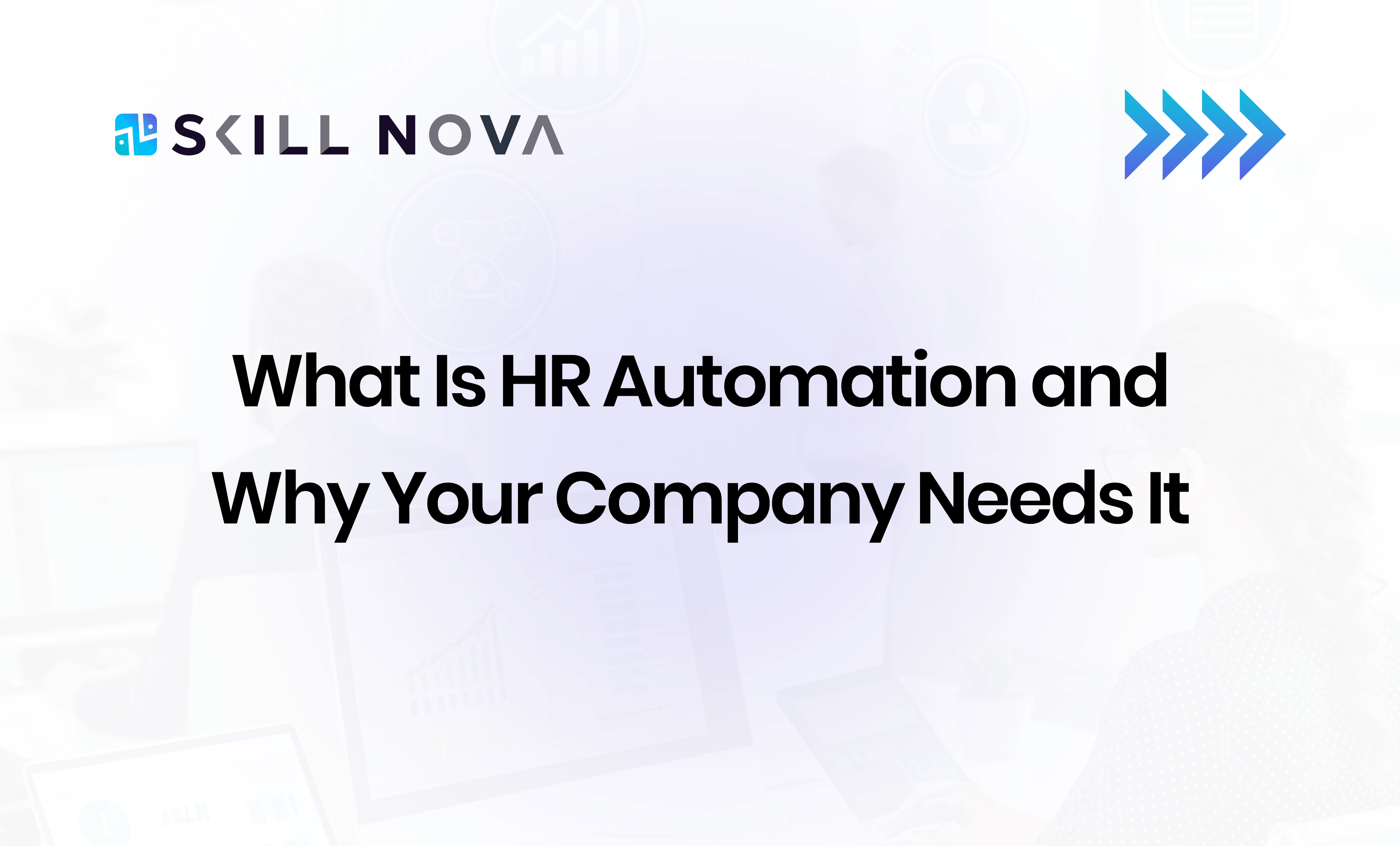The modern workplace is undergoing a digital transformation, and human resources departments are at the forefront of this revolution. AI for HR has emerged as a game-changing technology that’s reshaping how organizations manage their most valuable asset – their people. Through HR automation and sophisticated hr workflow automation, artificial intelligence is revolutionizing the way HR professionals handle employee feedback and reporting processes, from automating routine tasks to providing deep insights into employee sentiment.
“AI adoption in HR is expected to grow by 35% annually through 2025. (Source)”
Table of Contents
ToggleThe Current State of AI Adoption in Human Resources
The statistics paint a compelling picture of AI’s growing influence in HR departments worldwide. By 2025, 70% of employees will interact with AI-powered tools daily, and 70% of organizations will use AI to offer personalized employee experiences. This rapid adoption isn’t surprising when considering that 85% of employers using automation or AI save time and improve efficiency.

Source: AI-driven HR tools will save organizations $1.5 trillion globally by 2025.
AI for human resources is no longer a futuristic concept but a present-day reality. 33% of HR teams say they have used some form of AI technology, and 41% are actively creating apps to distribute HR services. This widespread adoption indicates that organizations recognize the transformative potential of AI in streamlining HR operations and enhancing employee experiences.
Transforming Employee Feedback Collection and Analysis
Traditional employee feedback methods involve time-consuming manual processes that take weeks or months to yield actionable insights. AI for HR changes this by introducing sophisticated tools that collect, analyze, and interpret employee feedback in real-time. Currently, 40% of HR departments use AI to analyze feedback through surveys, email, and chat experiences.
Sentiment Analysis: Reading Between the Lines
AI for HR employs sentiment analysis to understand emotional undertones in employee communications. Using natural language processing (NLP), this technology evaluates employee feelings about work environment, management, and company culture beyond simple satisfaction scores, analyzing nuanced emotions in text-based data like open-ended survey responses.
Real-Time Feedback Processing
AI eliminates manual survey response processing by analyzing existing HR data alongside survey responses, identifying hidden patterns and trends. This enables proactive workplace management strategies. AI tools for human resources process feedback from multiple channels simultaneously, including employee surveys, performance reviews, internal communications, exit interviews, and social collaboration tools.
Streamlining Performance Management and Reporting
Performance management has traditionally been a bunch of work for HR departments, involving lengthy review cycles, manual data compilation, and subjective assessments. AI for HR transforms this process by introducing objectivity, efficiency, and continuous monitoring capabilities.
Automated Performance Insights
Modern AI systems analyze performance data continuously, providing real-time insights into employee productivity, engagement levels, and development needs. HR automation processes vast amounts of performance data without manual intervention, while hr workflow automation extends to report generation, compiling comprehensive performance summaries, and identifying trends across teams.
Bias Reduction in Performance Evaluations
AI for HR significantly reduces unconscious bias in performance management by analyzing data objectively and focusing on measurable outcomes rather than subjective impressions. This ensures fairer evaluations and more equitable decisions regarding promotions, compensation, and development opportunities.
The Technology Behind AI-Powered HR Solutions
The effectiveness of AI for HR solutions lies in their sophisticated underlying technologies. Natural Language Processing (NLP) enables these systems to understand and interpret human language in employee feedback, while machine learning algorithms continuously improve their accuracy and insights.
“65% of HR professionals believe AI positively impacts HR functions. (Source)”
Machine Learning Models
Advanced machine learning models can identify patterns in employee behavior, predict turnover risk, and recommend personalized development plans. These models learn from historical data and continuously refine their predictions as they process more information.
Integration Capabilities
Modern AI for human resources platforms integrates seamlessly with existing HR information systems, performance management tools, and communication platforms. This integration ensures that AI solutions can access comprehensive employee data while maintaining security and privacy standards.
Benefits of AI-Driven Employee Feedback Systems
The implementation of AI for HR in employee feedback and reporting delivers numerous benefits that extend beyond simple efficiency gains:
Enhanced Employee Engagement
By providing faster responses to employee concerns and more personalized experiences, AI-powered feedback systems significantly improve employee engagement. Organizations can address issues promptly and demonstrate that they value employee input, leading to higher satisfaction and retention rates.
Data-Driven Decision Making
AI for HR transforms subjective HR decisions into data-driven strategies. With comprehensive analytics and predictive insights, HR leaders can make informed decisions about workforce planning, talent development, and organizational changes.
Scalability and Efficiency
AI systems can handle vast amounts of feedback data without requiring proportional increases in HR staff. This scalability is particularly valuable for large organizations or those experiencing rapid growth.
Continuous Monitoring
Unlike traditional annual or quarterly surveys, AI-powered systems enable continuous monitoring of employee sentiment and engagement. This ongoing assessment allows organizations to track changes over time and respond to emerging trends quickly.
Implementation Strategies for AI in HR
Successfully implementing AI for HR solutions requires strategic planning and careful consideration of organizational needs. Organizations should identify specific pain points in current processes, then select appropriate AI tools. HR automation should be implemented gradually, starting with repetitive tasks before expanding to complex hr workflow automation processes.
Pilot programs allow organizations to test AI solutions on smaller scales before full deployment, helping identify issues and refine strategies without disrupting operations. Successful implementation also requires comprehensive HR professional training and clear employee communication about AI enhancing rather than replacing human judgment.
Future Trends and Considerations
The future of AI for HR promises increasingly sophisticated capabilities, with more accurate predictive analytics, enhanced natural language processing, and comprehensive business system integration. However, organizations must balance AI automation with human expertise while considering ethical implications, data privacy concerns, and maintaining the human touch in HR processes.
Conclusion
AI for HR is revolutionizing employee feedback and reporting by delivering faster, more accurate workforce insights. As data-driven HR practices gain momentum, AI adoption will accelerate, creating more engaging and efficient workplace experiences.
This transformation goes beyond technology implementation – it’s about reimagining how organizations understand and develop their people. By embracing AI for HR solutions, companies can build responsive, personalized HR practices that drive employee satisfaction and business success while combining artificial intelligence with human insight for competitive advantage in talent management.













